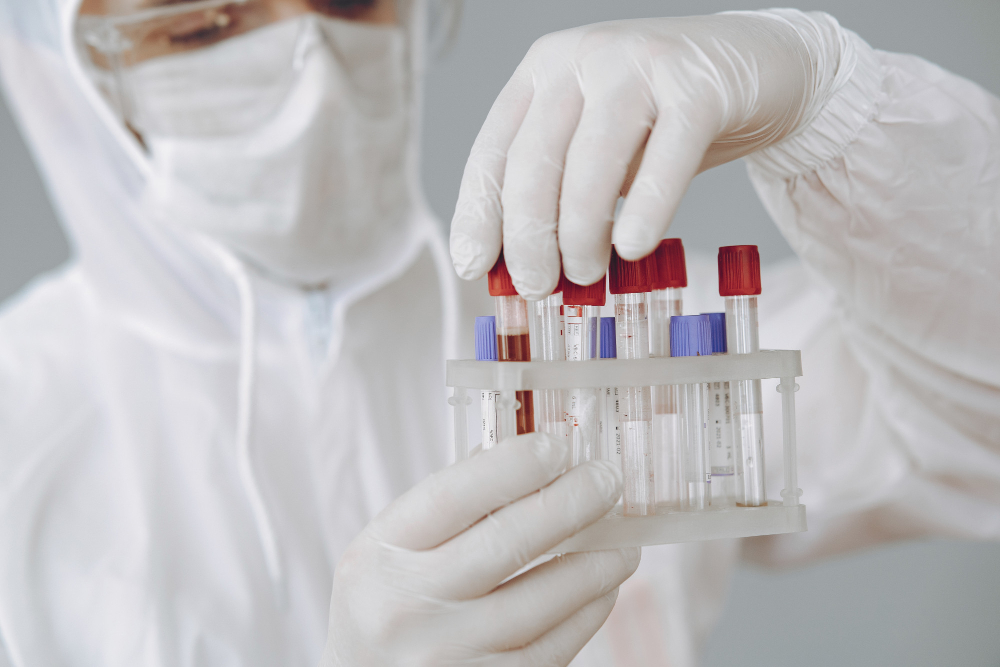Hormone Testing

Hormone testing is a crucial aspect of laboratory services that help diagnose hormonal imbalances in the body. Hormones are chemical messengers produced by various glands in the body, such as the thyroid, adrenal, pituitary, and reproductive glands. These hormones play a vital role in regulating many bodily functions, including metabolism, growth, reproduction, mood, and stress response.
When there is an imbalance in hormone levels, it can lead to a wide range of symptoms and health issues. These imbalances can occur due to various factors such as stress, aging, medical conditions, medications, or lifestyle factors.
Hormone testing involves measuring the levels of specific hormones in your blood. This can be done through a simple blood test, which involves drawing a small sample of blood from a vein in your arm. The sample is then sent to a laboratory for analysis.
There are several types of hormone tests available, depending on the hormones being measured and the suspected hormonal imbalance. Some common hormone tests include:
Thyroid Function Tests: These tests measure the levels of thyroid hormones (T3, T4) and thyroid-stimulating hormone (TSH), which play a crucial role in regulating metabolism and energy levels.
Adrenal Function Tests: These tests measure the levels of hormones produced by the adrenal glands, such as cortisol and aldosterone, which are involved in regulating stress response, blood pressure, and electrolyte balance.
Reproductive Hormone Tests: These tests measure the levels of hormones such as estrogen, progesterone, testosterone, follicle-stimulating hormone (FSH), and luteinizing hormone (LH), which play a crucial role in reproductive health, menstruation, and fertility.
Pituitary Function Tests: These tests measure the levels of hormones produced by the pituitary gland, such as growth hormone, prolactin, and adrenocorticotropic hormone (ACTH), which regulate various bodily functions including growth, lactation, and stress response.
If you are experiencing symptoms of hormonal imbalance, your healthcare provider may recommend hormone testing to help diagnose the underlying cause. Depending on the results of the tests, your healthcare provider may recommend further evaluation or treatment options, such as hormone replacement therapy, lifestyle changes, or medication.
It’s essential to follow your healthcare provider’s recommendations and discuss any concerns or questions you may have about hormone testing and treatment options. Hormone testing can provide valuable insights into your health and help you take proactive steps towards improving your well-being.

